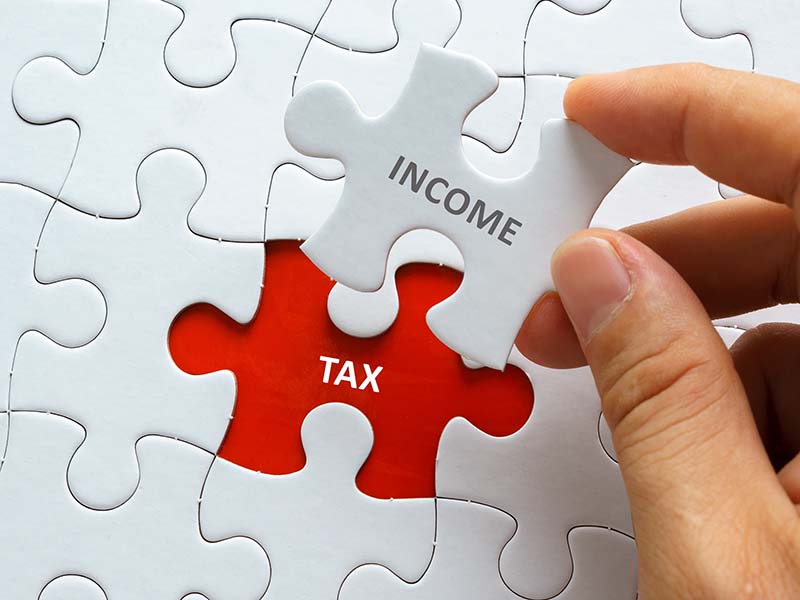This year the deadline for 2019 tax filings was on July 15 in Maryland, D.C., and June 1 in Virginia. Hopefully, you either filed your tax return or submitted Form 4868 which gives you an automatic extension to file your return. If you are working with our office and your tax information hasn’t been dropped off, we have been in touch and filed an extension for you.
So, what do you do now? The extension has been filed and you should have paid an estimate of what you though you owed, if anything. Realize that the extension is just to file the return, it is not an extension to pay taxes owed. If you owe taxes you should have estimated what was due and paid that in when you filed your extension. The extension due date is still months ahead, but sooner than in previous years. Do not wait until October to look at your taxes again! Life is busy and it will always be so; set aside some time here and there to work on your taxes and get them done as soon as possible especially if you are owed a refund.
Each state in our area has slightly different regulations regarding extensions and payments for your taxes; be sure to talk to your CPA if you are unsure of how they apply to you. This is just a brief overview of the filing deadlines in MD, D.C., and VA, full regulations can be found on state regulatory websites. For Maryland: July 15 is when all individual and business-related state tax returns AND payments are due. October 15 is the deadline for individual income state-tax returns if you filed for a federal extension. For D.C.: The deadline to file and pay all income, partnership, and franchise tax returns is July 15. The extension for taxpayers is October 15; you may need to request an extension or one may have been automatically filed for you depending on the type of tax filer you are. For Virginia: Individual and corporate income tax payments were due June 1. Virginia has an automatic 6-month extension to file your income taxes (7 months for certain corporations). You should have already made payments on the estimate of what your return would be. This means if you filed an extension with Virginia it is due November 1st, and your due date is May 1st to complete payments.
If you have not pulled everything together yet to get started (or to pass along to your CPA), start there. Find all those W-2s, 1099s, 1098, Real Estate and local tax receipts, letters and receipts for charitable donations, and any other paperwork you need to complete your tax return and put them in a folder then sit down and get to work. If you’re still waiting on paperwork from a financial institution, follow up and find out when you can expect to receive it or have it resent if it was lost.
If you are due a refund you want to file your return as soon as possible so you can your money back. Don’t let the government earn interest on your money when you could be earning that interest. If you owe money, you still want to file as soon as possible. The IRS charges interest and possibly penalties if you underpay your taxes so the longer you wait the more you may end up paying. If you sent in an estimated payment in April you want to finish your tax return so that if you overpaid you can get your refund and if you underpaid you can pay the balance to reduce possible penalties and interest you owe.
If you have not filed past returns and are owed a refund there is a three-year limitation on getting that refund. If you filed for an extension this six-month period is included in the three years but after that three-year window you will not receive a refund if you were initially due one.
We Can Help With Your Accounting Needs
From managing the day-to-day accounting of small businesses, business and tax planning, to filing with the IRS, LeMay & Company provides full-service accounting to fit the needs of your business. Contact us today or schedule a meeting to learn how a review of your accounting system can benefit your company or give us a call (703) 912-7862.






